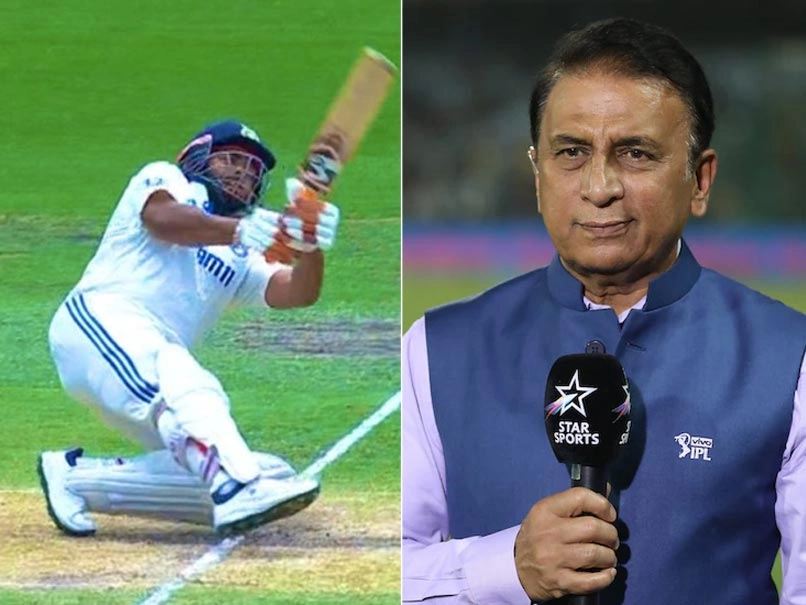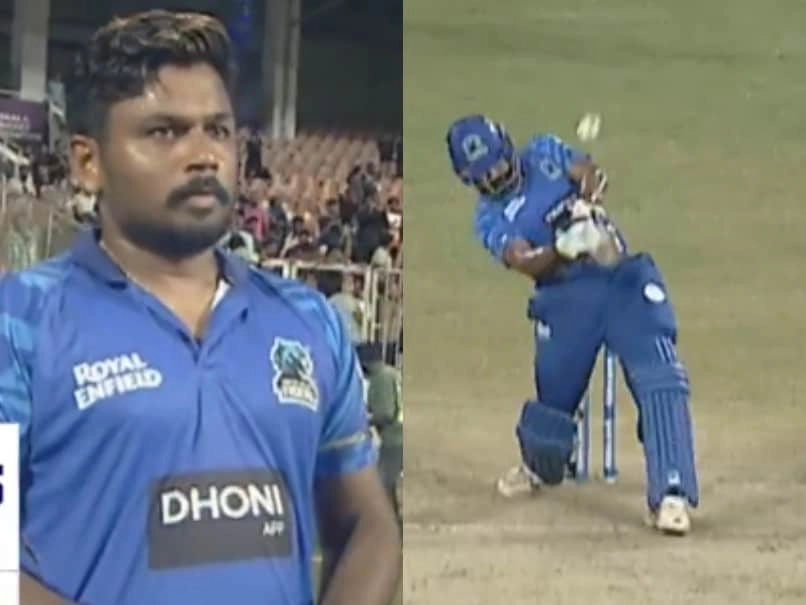In a recent commentary that has sparked quite a bit of conversation, former Indian cricketer Sunil Gavaskar made headlines with his remarks about Rishabh Pant, the young wicketkeeper-batsman for the Indian national team. Gavaskar, known for his forthright opinions and deep understanding of the game, did not hold back in expressing his frustration, labeling certain actions on the field as “stupid, stupid.” This comment has not only drawn attention to Pant’s performance but has also reignited discussions about the expectations placed on young cricketers in high-pressure situations.
Rishabh Pant has been a polarizing figure in Indian cricket. His aggressive batting style and ability to change the game quickly have earned him a dedicated fan base. However, his inconsistent performances and occasional lapses in judgment, particularly behind the stumps, have led to criticism. Gavaskar’s remarks seem to reflect a broader concern about Pant’s decision-making abilities during crucial moments in matches. The seasoned commentator’s use of the word “stupid” underscores the disappointment felt by many fans and experts alike when they witness potential squandered due to avoidable errors.
The relationship between veteran players like Gavaskar and emerging talents like Pant is complex. While Gavaskar’s comments may seem harsh, they often stem from a place of wanting the best for the future of Indian cricket. The expectations for a player of Pant’s caliber are immense, and the cricketing world is keenly watching his development. As the discourse around Gavaskar’s comments continues, it raises important questions about how young athletes can navigate the pressures of performance while also learning from their mistakes. In a sport that is as much about mental fortitude as it is about physical skill, these experiences can be pivotal in shaping a player’s career.
In conclusion, Gavaskar’s recent remarks highlight not only the challenges that Rishabh Pant faces but also the high standards that former players hold current athletes to. As Pant navigates the complexities of international cricket, he must learn to balance his natural instincts with strategic decision-making. This situation serves as a reminder that, while criticism can be tough to swallow, it often comes with the intention of fostering growth and improvement. The cricketing community will undoubtedly continue to watch Pant’s journey closely, hoping to see him transform criticism into motivation, thereby solidifying his place in the annals of Indian cricket.




